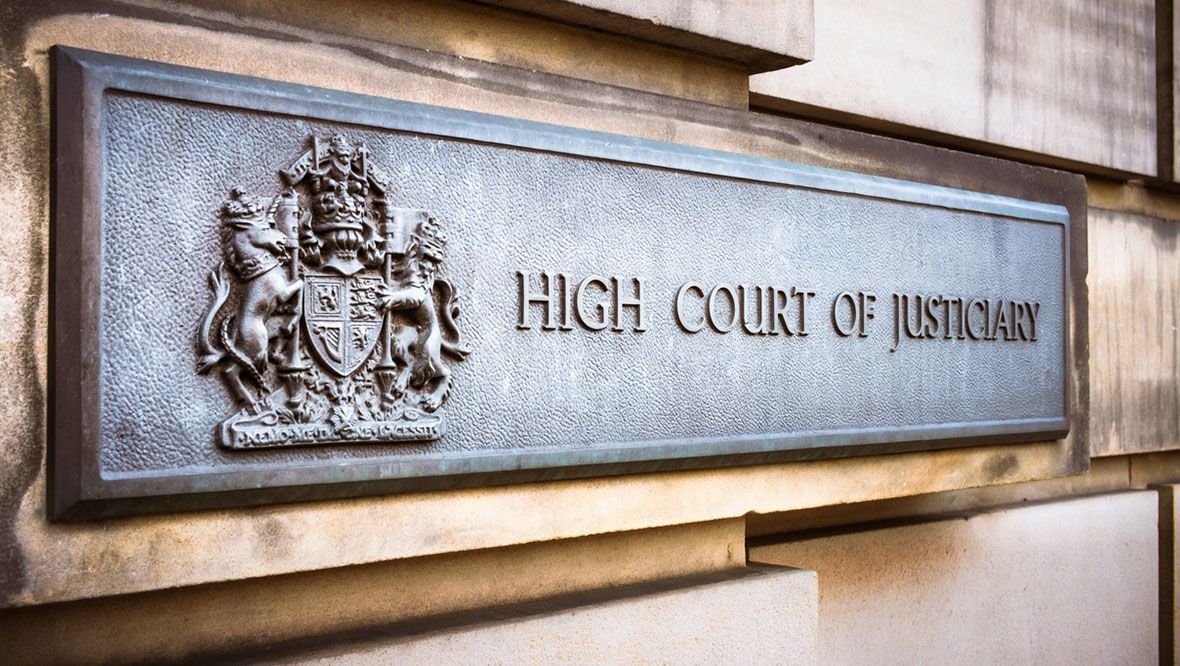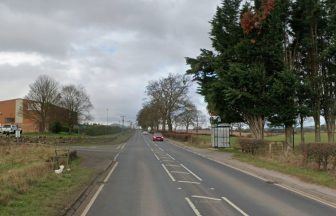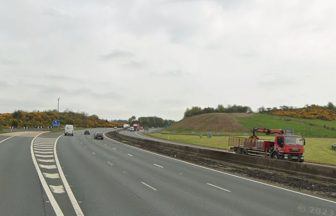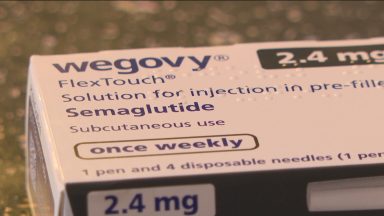The not proven verdict is set to be abolished in the Scottish courts system.
Reforms to Scotland’s justice system will see the controversial outcome – referred to by Sir Walter Scott as the “bastard verdict” as far back as the 1820s – scrapped after a number of unsuccessful attempts by campaigners.
The verdict is currently used by a jury when there is a belief that the defendant is guilty of an alleged offence, but the Crown has not provided sufficient evidence to prove that fact.
However, under a new Bill proposed last September by former First Minister Nicola Sturgeon, the three-verdict model is set to be abandoned in all criminal trials in an effort to “create a clearer, fairer and more transparent decision-making process.”
The Victims, Witnesses and Justice Reform (Scotland) Bill will also establish a specialist sexual offences court with national jurisdiction and grant victims of such crimes an automatic lifelong right of anonymity.
Juror numbers are to be reduced from 15 to 12 and the majority required for conviction increased to at least two-thirds, the Scottish Government said.
Other measures, based on the recommendations put forward by Lady Dorrian’s review group on improving the management of sexual offence cases, include automatic rights to state-funded independent legal representation for complainers when applications are made to lead evidence of their sexual history or “bad character” in sexual offence cases.
A pilot of single judge trials for cases of rape and attempted rape is to take place to gather evidence on their effectiveness before a further review.
It is hoped the reforms can boost the country’s low conviction rates for serious sexual offences.
Just 78 of more than 2,100 rapes and attempted rapes that went to Scotland’s courts in the 2020/21 period resulted in convictions.
Justice minister Angela Constance said the Bill put “victims and witnesses at the heart of the justice system,” branding the reforms as “the most significant since devolution”.
“This Bill is testament to the efforts of many campaigners who have worked to ensure that the processes of justice better serve victims, witnesses and vulnerable parties,” she added.
“This landmark legislation will ensure fairness is cemented into the bedrock of Scotland’s modern-day justice system.
“Building on the experiences of survivors, victims, and their families, these key reforms will make justice services more sensitive to the trauma it can cause.
“This government has been clear we must take action to improve the experience of those who suffer sexual abuse.
“The majority are women, who must be supported to have trust and confidence that the processes of justice will serve their needs, allow them to give their best evidence and support them in their recovery.”
“By creating an independent commissioner for Scotland to champion the rights of victims and witnesses we can ensure that they are treated with compassion and their voices are heard.”
Rape Crisis Scotland chief executive, Sandy Brindley, welcomed plans to scrap the not proven verdict, saying she has “no doubt that guilty men are walking free”.
However, she added the Bill was “imperfect,” despite hailing it as a “really positive development”.
“So often, survivors tell us how traumatising and difficult going through the justice system can be. We very much hope this Bill will go some way to changing that reality,” she said.
“There is significant evidence that myths about sexual violence influence juries in their decision making. There is a huge amount of research and evidence to suggest that these steps will not only make engaging with the justice system easier for survivors but lead to more justice being done
“Proposals including the ending of the not proven verdict, the introduction of a specialist sexual offence court, anonymity for complainers in sexual offence cases, the potential for judge led trials and independent legal representation will make a material difference to how survivors access justice.”
She added: “But this is not a perfect Bill. We have concerns about its proposed changes to jury majority from 8 out of 15, to 8 out of 12. We know that juries are reluctant to convict in rape cases, and any change in jury majority could have a significant impact on convictions.
“Notwithstanding our concerns about the change in jury majority, that fact that these proposals have been made by the Scottish Government is testament to the incredible work of survivors from across Scotland who have campaigned for change. This is a bold, necessary, and important Bill.”
Follow STV News on WhatsApp
Scan the QR code on your mobile device for all the latest news from around the country



























